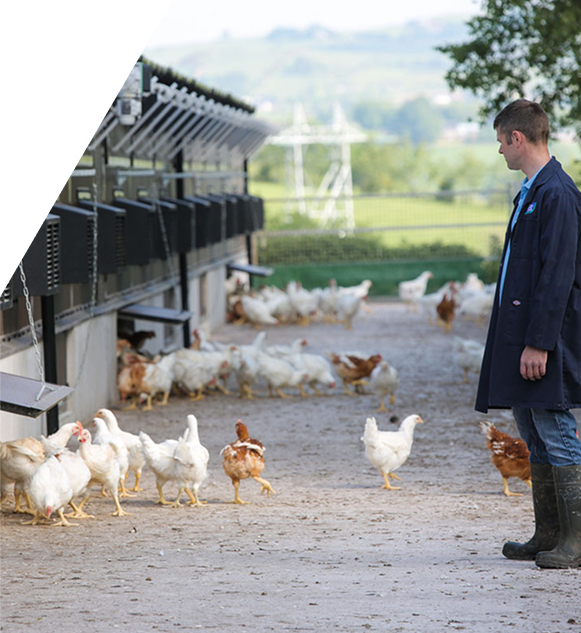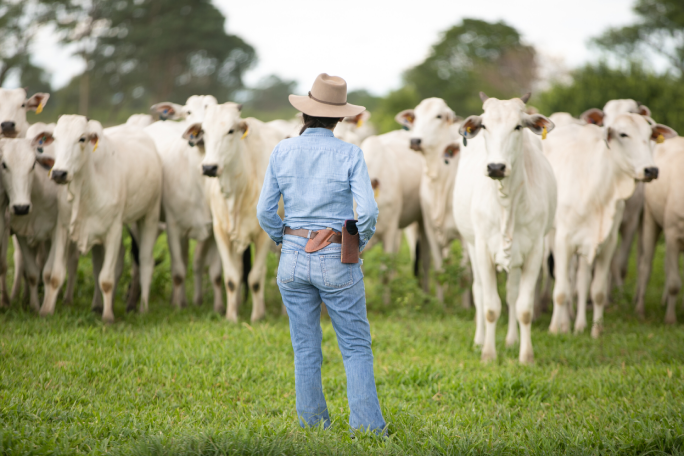Food Safety and Quality
Food Safety and Quality are at the heart of our business. We continually review every aspect of our daily operations to make sure we provide safe, high-quality, nutritious products for our customers and consumers.
Each Business Unit has a specialized team dedicated to Food Safety and Quality Assurance (FSQA). This team is responsible for implementing local policies and guidelines in four key areas: Food Safety, Food Quality, Food Fraud, and Food Defense. The area leaders oversee all Food Safety and Quality Assurance Programs within each Unit and collaborate closely with the Global Department.
Within our processing operations, we implement comprehensive food safety and quality programs. These include Good Manufacturing Practices (GMP), Standard Operating Procedures (SOPs), Sanitation Standard Operating Procedures (SSOPs), Hazard Analysis and Critical Control Points (HACCP) procedures, and validated technology interventions designed to eliminate or reduce biological, chemical, and physical hazards from raw material production in accordance with each country's regulations.

Each of these processes are monitored by JBS team members trained in food safety and quality assurance, as well as government officials, in each production facility. Additionally, inspection and process verification by government officials occur before the mark of inspection can be placed on products entering commerce.
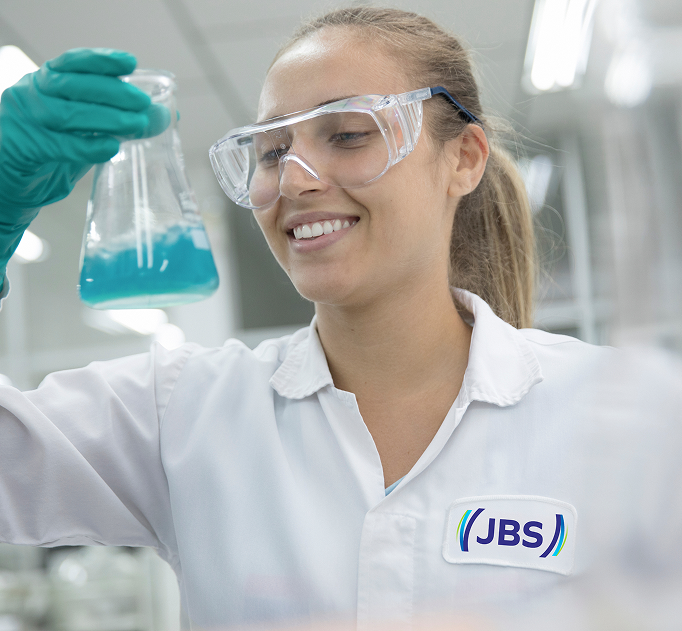
Based on the strategic pillars of Excellence, Transparency, Integrity, Innovation, Ownership and Collaboration, our FSQA teams strive for excellence by partnering with customers, regulators and institutions to deliver a product of the highest quality and safety.
Certifications
JBS has different certifications recognized by the Global Food Safety Initiative (GFSI), the main global initiative for the development of food safety management systems to ensure food facilities are processing safe food for consumers. Examples of GFSI-compliance food safety schemes implemented at JBS include BRCGS, SQF, FSSC 22000, and IFS. These certifications provide access to a broader market, enabling us to serve international clients across each Business Unit.
Additionally, each Business Unit has programs to further enhance the quality of its production chain. The protocols go beyond the regulations in force, including procedures on animal welfare, traceability, sustainability, operation, production, quality, processing and marketing, as well as the strictest global certifications.

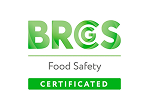



Animal Welfare
As leaders in animal protein production, we have a serious responsibility to provide our animals with a good quality of life and a humane end. Across our operations, we have embedded animal welfare practices that demonstrate our respect for the animals on which our business depends. We have aligned our policies, including the JBS Global Animal Welfare Policy, and procedures with local laws and regulations as well as internationally recognized standards including the Five Domains Model, which is a framework for assessing animal welfare.

The Five Domains Model is a science-based welfare assessment framework that aids in the evaluation of animal welfare risks and opportunities for welfare improvement. We have adopted the Five Domains model over the Five Freedoms model because it considers an animal’s mental state and potential for positive experiences, placing more emphasis on an animal’s overall wellbeing and ability to thrive, not just the absence of suffering.
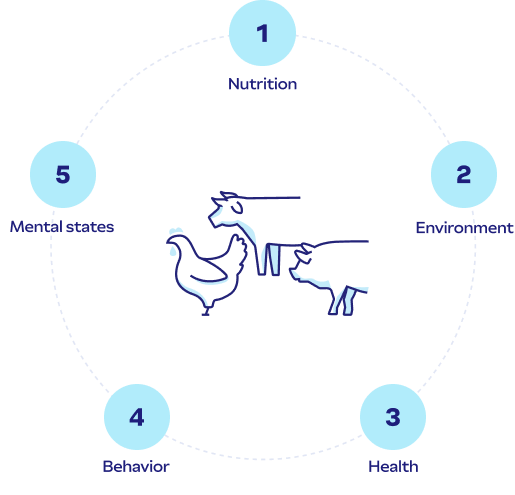
JBS-Owned and Operated Farming, Vertically Integrated Farming, and Partner Raw Material Suppliers
Animal Transport
Production
We are committed to following animal welfare practices across our operations and supply chain to meet the needs of our customers, consumers, and society. Most importantly, we must demonstrate our respect to the animals on which our business depends.
Across our operations, our approach to animal care is grounded in science, measurement, training, audits, and research. Our animal welfare policies and procedures align with internationally recognized standards, as well as local laws and regulations.
Our animal welfare programs are often reviewed by animal handling and welfare experts from universities around the globe.
We established the JBS Animal Welfare Advisory Committee to provide vital oversight and guidance to our comprehensive animal welfare programs, aspiring to achieve the highest standards of care and well-being for our animals. This dedicated committee consists of seven respected university professors and researchers that specialize in veterinary medicine, animal handling and behavior, nutrition, epidemiology, and welfare. One of the primary aims of the committee is to leverage science to enhance our programs and ensure a global, companywide approach to animal welfare improvement in a continuously changing industry.
